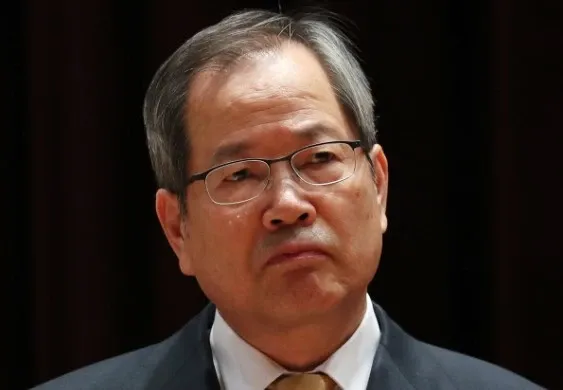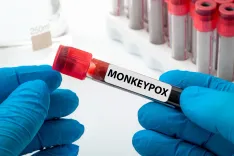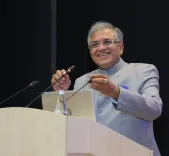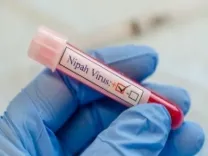Should South Korea's Wartime Operational Control Be Returned from the US?

Synopsis
Key Takeaways
- Chun Yung-woo advocates for the prompt return of OPCON.
- Enhanced independent defense capabilities are essential for South Korea.
- The risks of dual diplomacy with the US and China are significant.
- South Korea should diversify its economic sources away from China.
- Collaboration with like-minded nations is crucial for security.
Seoul, July 16 (NationPress) Chun Yung-woo, the former national security advisor, urged for the prompt transition of wartime operational control (OPCON) of South Korean forces back from the United States, emphasizing the necessity for the nation’s military to bolster its independent defense capabilities.
Chun, who held the national security advisor position under former conservative President Lee Myung-bak, expressed these views during his keynote address at a symposium organized by the Korean Peninsula Future Forum, which he established and currently leads.
"Regaining control swiftly is crucial for enhancing the South Korean military's sense of ownership, even if their operational command capabilities remain inadequate," Chun stated, advocating for the expedited return of OPCON.
"Delaying this transfer wouldn't be beneficial," he remarked.
During a parliamentary confirmation session on Tuesday, Defense Minister nominee Ahn Gyu-back indicated that the Lee Jae Myung administration aspires to reclaim OPCON of South Korean troops within his five-year term, although Ahn’s office later clarified that these comments represented his personal view.
In 2006, the administration of then-liberal President Roh Moo-hyun reached an agreement with the US to hand back OPCON by April 2012. However, the transfer was postponed once to December 2015 under the successive Lee Myung-bak administration, and subsequently, the Park Geun-hye government reached a deal with Washington to indefinitely delay it until certain conditions were satisfied, as reported by Yonhap news agency.
Chun also cautioned against the perils of South Korea's dual diplomacy, aimed at fostering close ties with both the US and China, suggesting it may lead to misunderstandings with both nations.
"While it might appear advantageous to receive competing appeals from the US and China, South Korea could find itself misinterpreted and in precarious situations if it adopts ambiguous stances to avoid offending either side," he explained.
He highlighted South Korea's longstanding diplomatic strategy of balancing relations with the two superpowers, closely aligning with Washington on security matters while depending on China for trade.
Chun referenced the years of economic backlash from China regarding the deployment of the US Terminal High Altitude Area Defense (THAAD) system in South Korea, asserting that this experience revealed how "complacent and hazardous" a dual policy can be.
"If a path exists for South Korea to engage with China without jeopardizing its relationship with the US, it should definitely pursue it, although this is easier said than done," he remarked.
To address these challenges, Chun proposed reducing South Korea's "excessive" economic reliance on China by diversifying its sourcing channels for "strategic items" and enhancing its competitiveness in key technologies and trade goods vital to the Chinese economy.
"For survival, South Korea must rely primarily on the South Korea-US alliance as its main insurance and complement it with South Korea-US-Japan cooperation as secondary support, while also collaborating with like-minded nations that share similar security concerns," he concluded.









